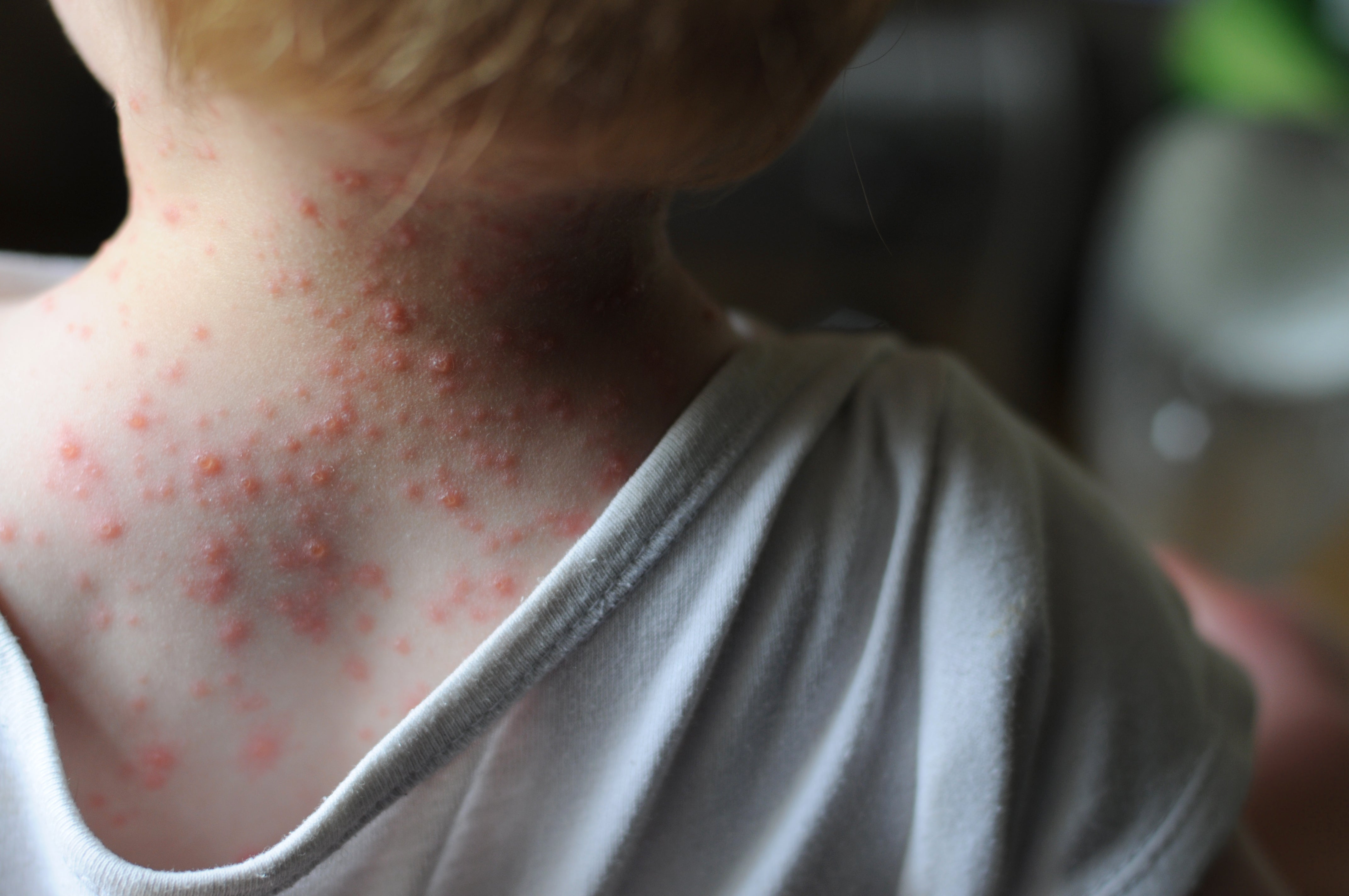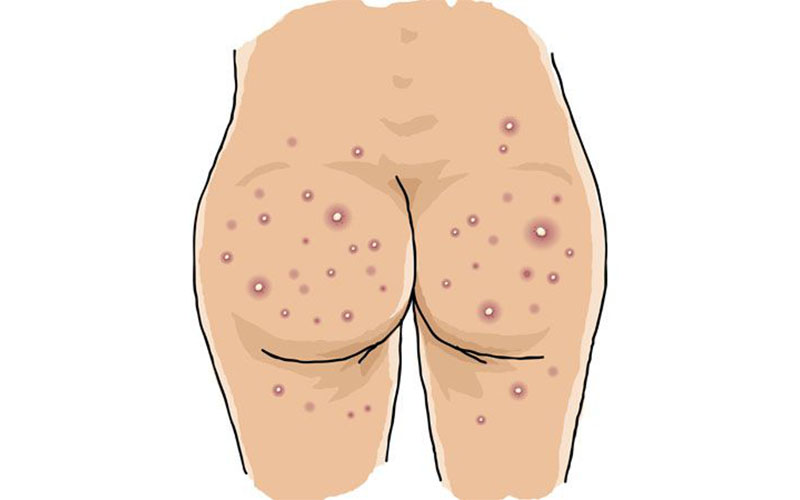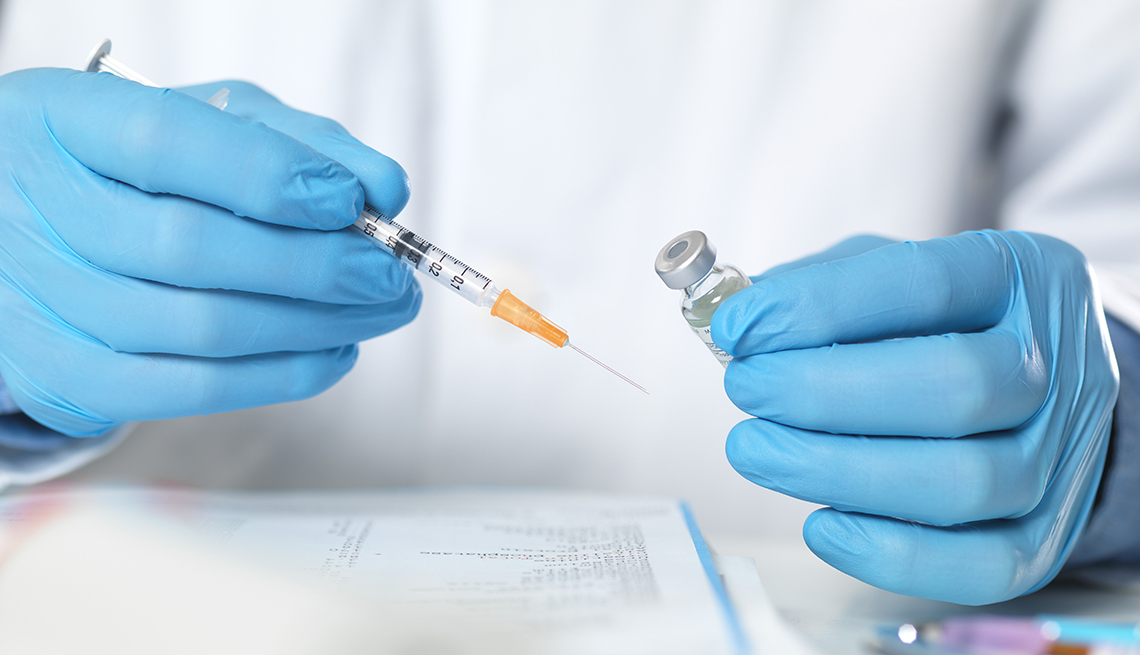Researchers say the vaccine lowers the risk of children developing shingles before age 17.The chickenpox vaccine has proven its effectiveness in preventing the itchy virus. New research shows the vaccine is also effective when it comes to preventing shingles, a cousin of the virus. The findings were published today by the American Academy of Pediatrics. They show that children who were vaccinated against chickenpox (varicella) had a 78 percent lower risk of developing shingles than those who weren’t vaccinated. Experts say it’s a positive sign and a reminder of the importance of getting vaccinated.
Vaccine was a game changer
Many adults remember the experience of getting chickenpox as children. While it’s a temporary, uncomfortable ailment for many people, the virus can carry some unpleasant complications.
“Chickenpox was once very common in the United States,” Dr. Michael Grosso, chief medical officer and chair of pediatrics at Northwell Health Huntington Hospital in New York.
Grosso says that in the early 1990s, an average of 4 million people got chickenpox, between 10,000 and 13,000 were hospitalized, and 100 to 150 died each year.
The germ that causes chickenpox is known as herpes varicella-zoster virus (HVZ).
Grosso says that an HVZ infection can bring on pneumonia, hepatitis, and nervous system issues.
Because HVZ exists in the body in a dormant state after a bout with chickenpox, it can reactivate at any time. When this happens, shingles can result.
In 1995, a vaccine with the brand name Varivax first became available, and chickenpox rates plunged dramatically.
“Cases of chickenpox and deaths both declined by more than 90 percent after its introduction in the United States,” he said.
Another benefit of the vaccine is that it contains a less severe version of the virus.
“If a child is vaccinated before getting wild-type chickenpox, then if the vaccine is working as hoped, then the child will have the attenuated virus in their body rather than the more active wild-type virus,” said Sheila Weinmann, PhD, MPH, senior investigator at Kaiser Permanente Northwest Center for Health Research in Oregon and the study’s senior author.
“This will help develop antibodies that will prevent a child from getting wild-type chickenpox,”
If it works for chickenpox…
Shingles shares many of the same characteristics of chickenpox: itchy rashes, blisters, tingling, and pain.
Nearly 1 in 3 people in the United States will develop shingles at some point.
Shingles is generally more common in older adults, but it can happen in children as well.
Weinmann says that since the same virus causes chickenpox and shingles, it makes sense that a vaccine made to prevent one might be effective in preventing the other.
“Previous research has indicated that there’s a reduction in the rate of shingles among vaccinated kids, so we anticipated that we would see a reduction,” she said.
“But the amount of reduction at 72 percent is a bit of a surprise. It’s good to see that it’s gone down so much,” she said.
The study looked at data from six different health systems over a 12-year period, incorporating the medical records of more than 6 million children.
Researchers found that the protective effects of the vaccine lasted in kids through the age of 17, but it isn’t known how long into adulthood the vaccine might ward off shingles.
While the vaccine is effective at preventing both chickenpox and shingles, it’s hard to know how many children are actually getting vaccinated.
Weinmann says that over the 12-year scope of the study, vaccination rates did improve.
“At the beginning, the rate was 27 to 52 percent vaccinated,” she said. “At the end, it was getting really high at 82 to 91 percent. This is a better representation of current vaccination rates, at least in integrated health plans.”
Looking ahead
Despite vaccination rates appearing to improve, recent trends can be somewhat of a concern.
“The recent social trend of vaccine avoidance in the U.S. raises the possibility that unimmunized children will become susceptible adults,” Grosso said.
“Chickenpox in children is best avoided through immunization for a host of reasons, but primary chickenpox in adults is an even more concerning condition,” he added. “For this reason, continued vigilance and universal immunization of children will remain important to personal and population health into the future.”
For parents, it’s worth noting that two doses of the chickenpox vaccine is more than 90 percent effective at preventing the virus, according to the Centers for Disease Control and Prevention (CDC).
The CDC says the shingles-busting benefit of the vaccine is just another reason why it’s a good idea to get vaccinated.
The bottom line
The introduction of a chickenpox vaccine in 1995 dramatically changed rates of the virus in the United States.
Research now shows this same vaccine is also effective at preventing shingles, a close relative of chickenpox.
Experts say that getting the vaccine helps protect individuals and communities against a bout of chickenpox.
The news that it’s also effective at preventing shingles is one more reason to get vaccinated.





